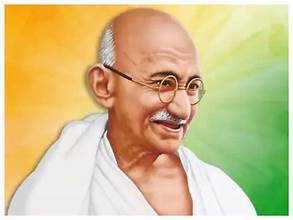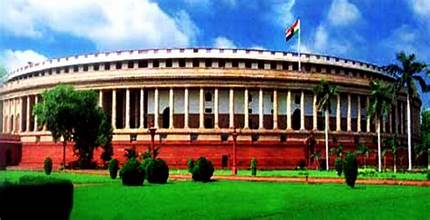About of Mahatma Gandhi
Mahatma Gandhi, whose full name was Mohandas Karamchand Gandhi, was a prominent leader in the Indian independence movement against British colonial rule. He was born on October 2, 1869, in Porbandar, a coastal town in what is now the state of Gujarat, India, and he was assassinated on January 30, 1948, in New Delhi, India.
Gandhi is widely recognized for his philosophy of nonviolent resistance, which he called “Satyagraha.” He believed in using peaceful means, such as civil disobedience, fasting, and boycotts, to achieve social and political change. Gandhi’s nonviolent approach was instrumental in mobilizing millions of Indians in the struggle for independence, and it became a model for other civil rights and social justice movements around the world.
Some key events and contributions of Mahatma Gandhi include:
- South Africa: Gandhi first gained prominence as a civil rights activist in South Africa, where he worked to fight discrimination against Indians. He developed his philosophy of nonviolence during his time in South Africa.
- Salt March: One of Gandhi’s most famous acts of civil disobedience was the Salt March (also known as the Dandi March) in 1930. He and a group of followers walked over 240 miles to the Arabian Sea to protest the British monopoly on salt production and sales in India.
- Quit India Movement: In 1942, Gandhi launched the Quit India Movement, which called for the immediate end of British rule in India. This marked a significant step in India’s struggle for independence.
- Negotiations for Independence: Gandhi played a crucial role in negotiations with the British government for India’s independence. His efforts, along with those of other Indian leaders, ultimately led to the country’s independence on August 15, 1947.
- Promotion of Simplicity: Gandhi lived a simple and austere life, promoting the values of self-sufficiency and minimalism. He dressed in traditional Indian clothing and spun his own cloth as a symbol of self-reliance.
- Legacy: Mahatma Gandhi is often referred to as the “Father of the Nation” in India. His principles of nonviolence, civil disobedience, and social justice continue to inspire movements for peace and human rights worldwide.
Gandhi’s legacy extends beyond India’s struggle for independence. His teachings on nonviolence and his commitment to justice and equality have left a lasting impact on the world’s understanding of peaceful resistance and social change. Gandhi’s birthday, October 2nd, is celebrated as Gandhi Jayanti and is observed as the International Day of Non-Violence in his honor.


